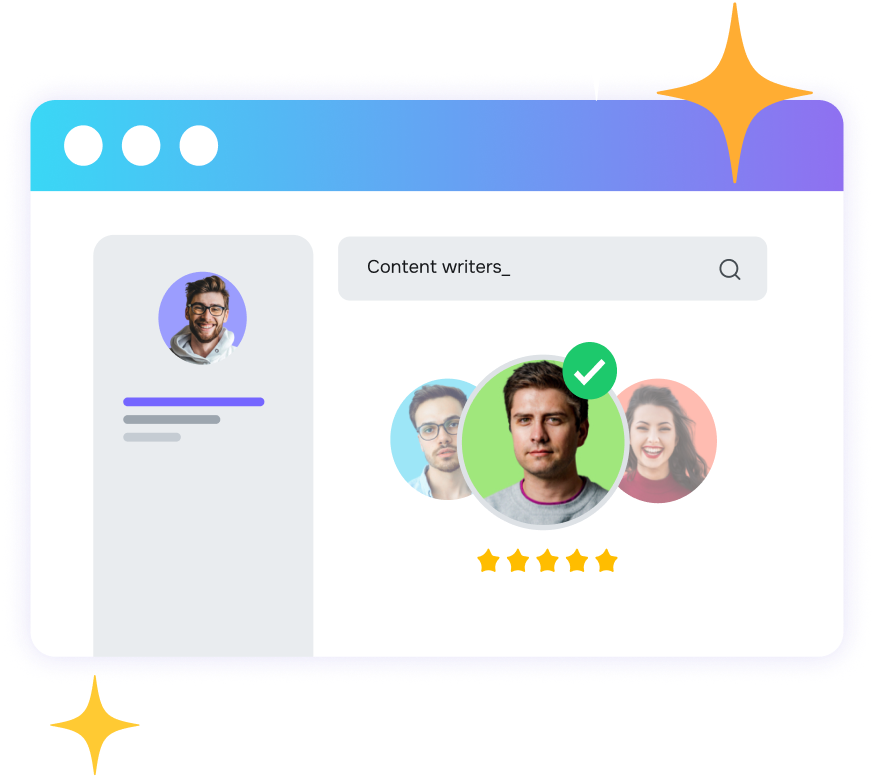


In an environment dominated by automation, performance metrics, and ROI dashboards, the soul of B2B marketing can easily get lost in the noise. Yet even in the most technical and regulated industries, one timeless truth remains: people buy from people. Behind every enterprise decision, software integration, or vendor evaluation, there’s a human being weighing trust, relevance, and value.
Theresa Harvin, Vice President of Marketing at Broadridge, understands this balance better than most. With over two decades of experience in financial services marketing, she’s built campaigns that don’t just inform but connect, through storytelling rooted in human experience. Her approach proves that while B2B may be complex, it should never be impersonal.
Connection Over Clicks: Reframing Engagement
In B2B marketing, the temptation to equate success with metrics is strong. Open rates, click-throughs, and downloads often dominate performance reviews. But for Theresa, these surface-level indicators don’t capture the whole story. True engagement isn’t transactional - it’s emotional and cognitive.
“Engagement isn’t always clicks or likes—it’s recall, sharing, saving. Those unseen moments carry weight,” she explains. This reframing challenges the belief that attention is always visible or instantly measurable. It reminds marketers that deeper forms of engagement, like remembering a brand months later or forwarding an article to a peer, matter just as much as real-time analytics.
In industries like finance, where buyers are cautious and decisions are high-stakes, engagement is a slow build. Human stories allow for nuance, repetition, and emotional resonance. They don’t just deliver facts, they offer a narrative people can relate to, return to, and retell. That’s the type of engagement machines can’t mimic - and dashboards can’t always track.
Storytelling as Strategy, Not Fluff
Too often, storytelling is dismissed in B2B as a luxury - an embellishment rather than a strategic tool. Theresa sees it differently. In her view, storytelling is not only strategic - it’s essential for translating complex value propositions into digestible, memorable insights.
“In marketing, you have to be part journalist,” she says. “Extract the ‘why’ from subject matter experts and shape it into a story.” This role requires marketers to not just communicate features but to illuminate meaning. It’s not about what the product does, it’s about why that matters to a specific person, in a specific role, within a specific context.
By treating storytelling as an act of translation, Theresa and her team ensure that even technical concepts resonate emotionally. They don’t just outline how Broadridge helps clients with regulatory compliance—they tell stories of overworked teams regaining time, or firms avoiding costly missteps because they had the right partner. These stories don’t just inform; they persuade.
Humanizing the Buyer: Personas With Pulse
One of the common pitfalls in B2B is assuming that the audience is a faceless organization rather than individuals making informed decisions. Theresa challenges this by reminding us that personas need personalities. Even in a boardroom, emotion, memory, and identity shape perception.
“In B2B, you’re not marketing to millions like Coca-Cola. It’s about reaching the right people within firms and making their lives easier,” she emphasizes. This underscores the importance of relevance over reach, and empathy over volume. Instead of shouting into the void, smart B2B marketers build campaigns that speak directly to the daily frustrations and aspirations of real people.
This is especially vital in regulated industries, where skepticism is high and trust is earned slowly. Human-centered content—whether a customer story, a founder’s journey, or even an employee spotlight—creates relatability. It turns a brand into a team of experts, and a product into a solution that actually fits into someone’s day-to-day reality.
Conclusion: The ROI of Humanity
As automation scales output and AI transforms workflows, human storytelling in B2B is more than a branding tactic - it’s a strategic advantage. In a marketplace where many sound alike, stories rooted in real experiences, emotions, and voices help brands stand apart. They don’t just inform; they build credibility, trust, and long-term connection.
Theresa Harvin’s work is a testament to the enduring power of human stories—even in the most technical of spaces. By championing storytelling not despite compliance, but alongside it, she shows that empathy and intelligence are not mutually exclusive. In fact, in the most high-stakes markets, they are essential partners.
B2B marketing doesn’t need more noise. It needs more narrative. And as machines get better at writing, it will be the marketers who know how to listen, synthesize, and humanize who lead the conversation. Because in the end, decisions aren’t made by companies. They’re made by people.
Resources for growing your product














































